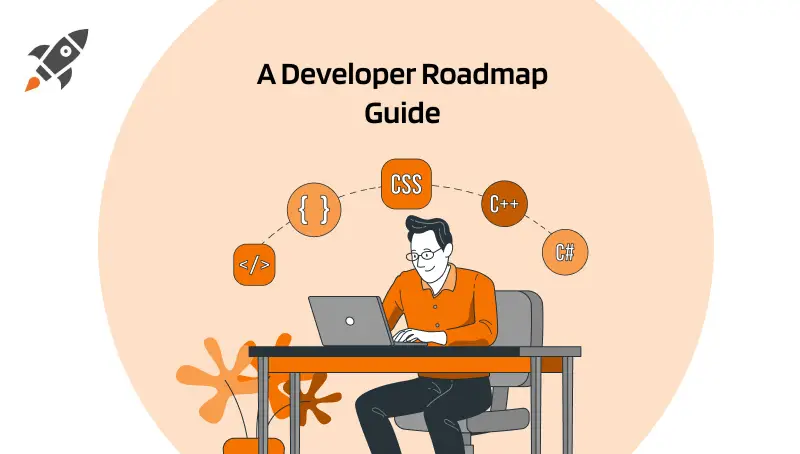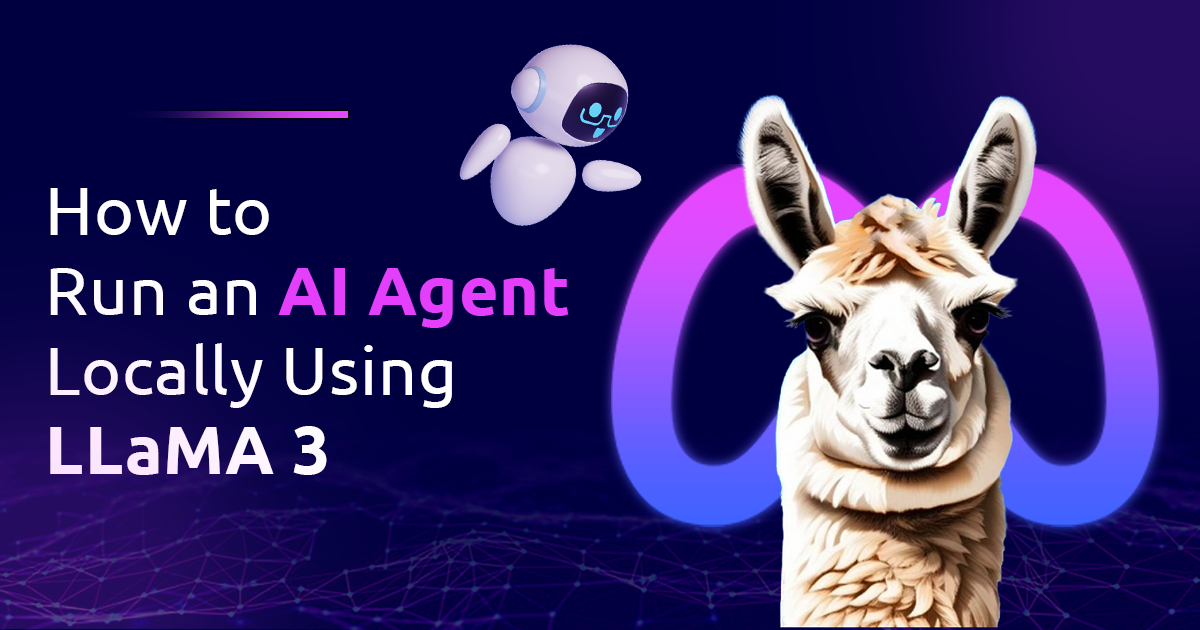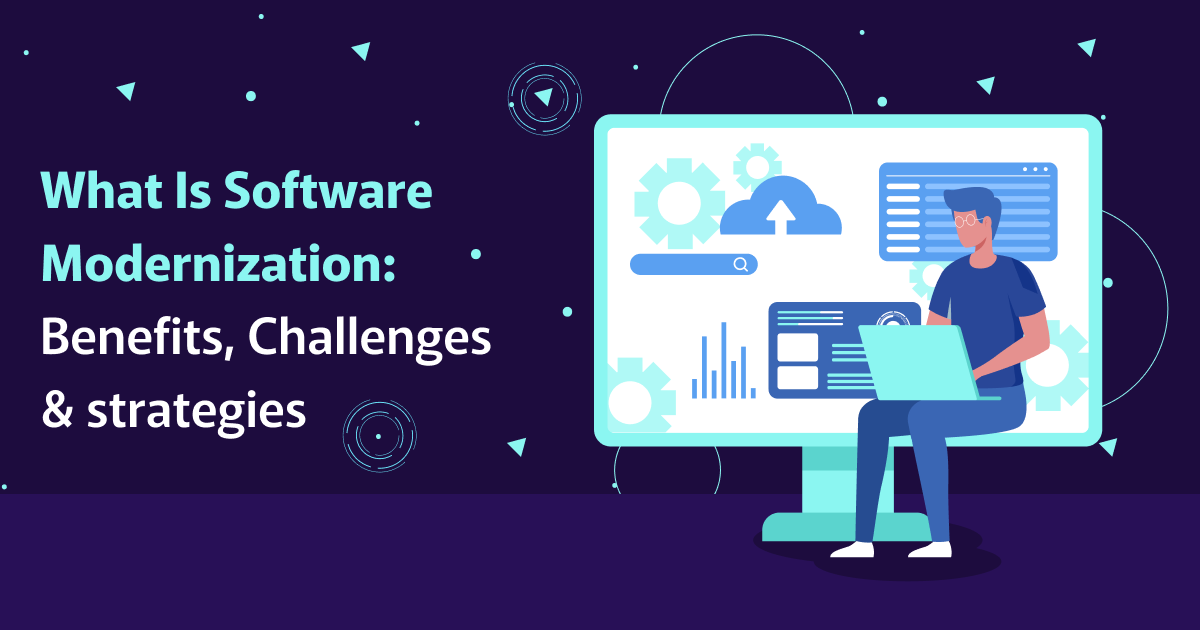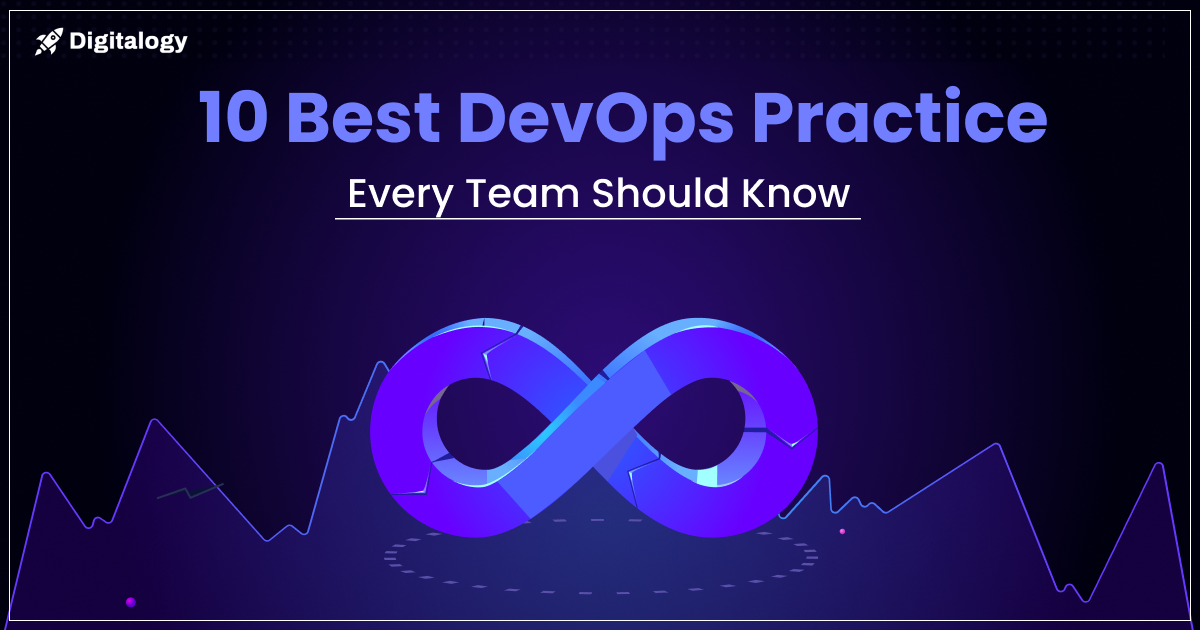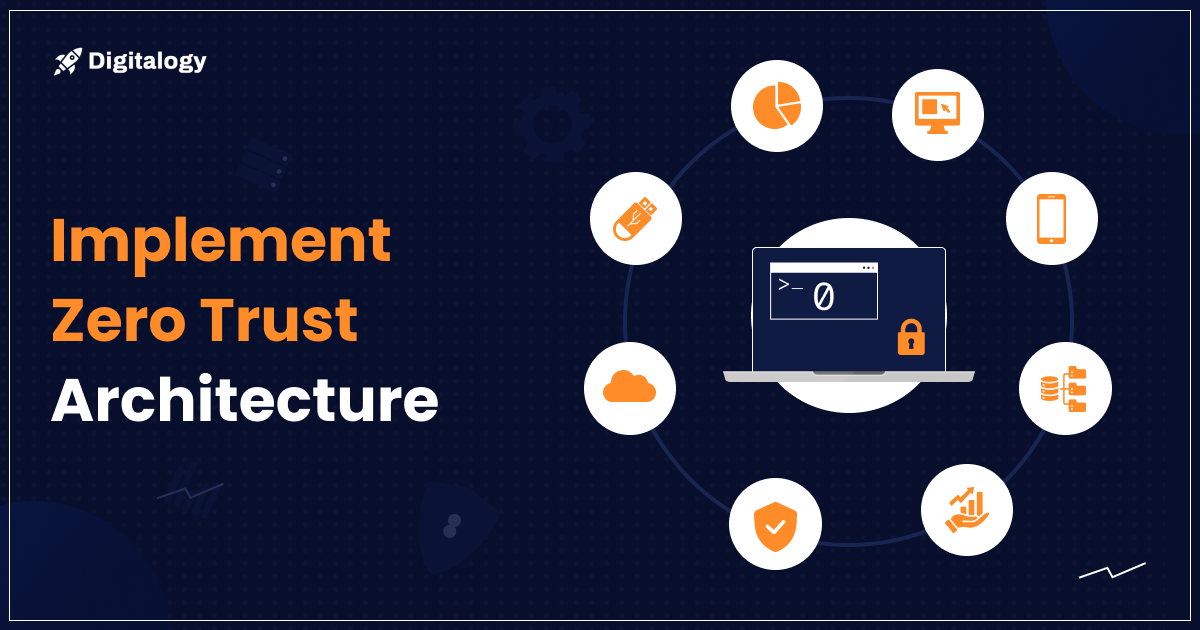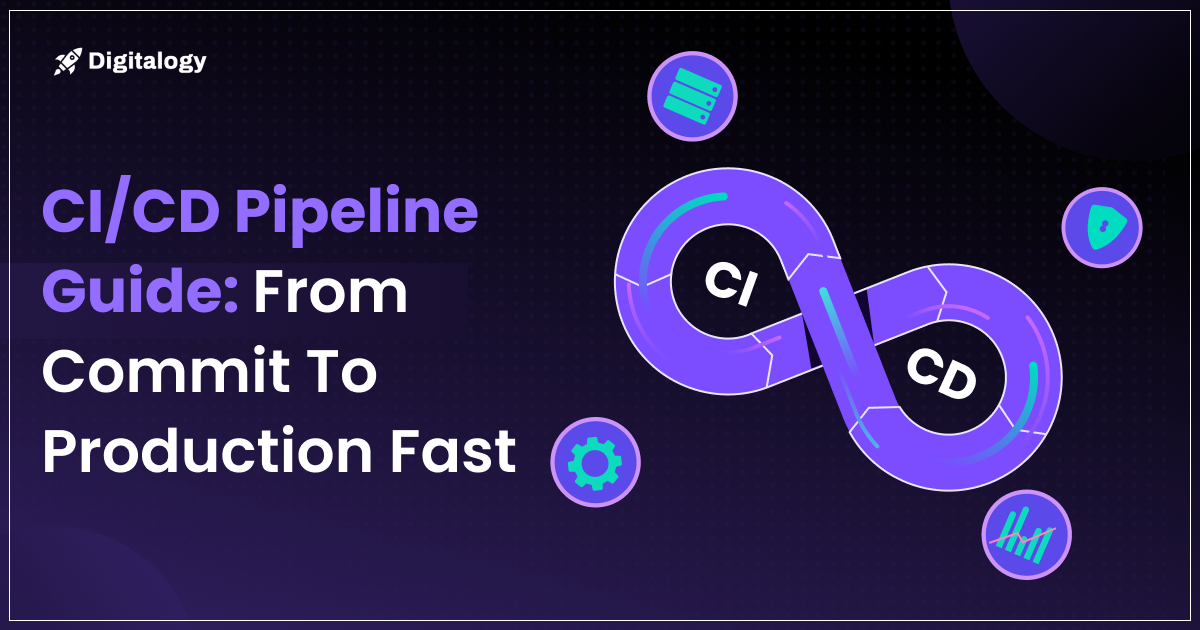A developer is the major factor who makes software applications possible. Usually, his primary responsibility is to write code, but if you are seeking to become a developer, you must know his other roles as well. We have created this Developer Roadmap guide to help amateur developers find solutions and provide knowledge for their journey to being successful developers.
Depending on various job roles and the different software creation, a developer can be recognized by various categories.
Categories of Developers
Web Developers
A web developer is known for roles such as the creation of websites and web applications from scratch by writing codes to support its software. There are two domains of web development on which a developer works.
These two domains are front-end website elements and back-end coding. The front-end element is the part of the website which the user interacts with and back-end coding is the part of operations and functioning of the website.
In this Digital time, every business is entirely digitized and wants its own website, which makes web developers stand among the most in-demand professionals. They are also among the top-paid professionals because of the degree of impact they have through their expertise.
Software Developers
A software developer is an individual who creates software and applications to assist users in carrying out a particular function or task. They could work on improving software that already exists or develop new software.
Moreover, software developers also work on networks and networks, assisting in the implementation of bigger structures to explicitly support gadgets or technologies.
It is not mandatory to be from a technical background to become a software developer, if you know coding or just have knowledge of coding languages it can help software development candidates like you apply for specific opportunities. Some employers may also demand education, training, or experience from developers for this specific role.
Mobile Developers
Mobile developers are individuals who focus on mobile applications and software. They frequently create an application that is optimized to be used on tablets or smartphones.
These programmers frequently excel in smartphone operating systems and create applications with keeping the perspective of mobile users in mind. Knowledge of specific programming languages and coding requirements may be required for mobile development.
Back-end Developers
A back-end developer is a technical professional individual who works on the back-end of software, applications, programs, and systems. The server side of a program is referred to as the back-end, which controls the functioning of a system.
They write code by using a programming language to create the programs which run the software or change the code which allows the database to have better communication with browsers. Back-end developers use multiple programming languages, the language they use entirely depends on the nature and functioning of the project.
Also read: Top 30 Node.Js Interview Questions For Developers
Front-end Developers
The role of a front-end developer is to work on the user experience of an application, project, mechanism, website, or software. Their work contributes greatly to achieving positive user experiences.
They make various changes in the design of a website or make sure a program is simple to use and navigate as well as understand.
Front-end developers also assist in the layout of systems to meet user needs and run successfully by viewing systems and processes through the eyes of the user.
Full Stack Developers
A full-stack developer is an individual who works with both the front-end and back-end of applications. In other words, they act as both back-end and front-end developers at the same time.
This implies they must be familiar with coding as well as usage data. Full-stack developers are frequently trained to create and develop the whole application, project, or software.
Big Data Developers
A big data developer is a person who is skilled in working with large amounts of data. Large amounts of data are referred to as big data. Cloud-based storage systems are typically used by multinational or major corporations to accommodate and use big data.
Software systems that contain large amounts of data may be designed, maintained, or analyzed by big data developers. They frequently use big data-specific innovations, technologies, and information libraries.
Game Developers
A game developer is a person who works in the gaming community. Their abilities can assist them in providing dynamic experiences for video game users. Mobile game developers may create smartphone games, computer video games, or games for particular operating systems or gaming consoles.
Also read: Top 30 Android Interview Questions For Developers
Roles and Responsibilities Of A Developer
A developer is an IT expert who creates various kinds of software and applications using programming languages. A developer’s basic role is to examine a commodity and provide multiple improvements and updates, security patches, bug fixes, as well as other changes to enhance the user experience.
Developers also create, check, troubleshoot, and manage software.
A Developer’s role can differ tremendously based on the type of institution, however, they are typically employed by a technology company that creates sole software or by government agencies.
In many scenarios, developers usually work as a team, often within a company’s IT department. However, a developer can work individually as well as a freelancer. The roles and responsibilities of a developer for a project may vary depending on the needs of the project. But even so, they typically play the following roles:
- Software research, layout, implementation, and management.
- New software testing or evaluation.
- Defining and creating necessary changes.
- Writing and deploying code for software.
- Creating procedures for quality management preparation.
- Improving and updating existing software.
- Training other developers on how to use the software.
Also read: Top 30 Full Stack Interview Questions & Answers For Developers
A Developer Roadmap Guide
For individuals who are fresh to the field, starting up in the development industry can be tricky, but by taking an online program or basic training from an educational platform, even the most unskilled participants can learn key developer skills within no time and be prepared for an entry-level position within a few months, if they are eager to put in the time required hard work and dedication.
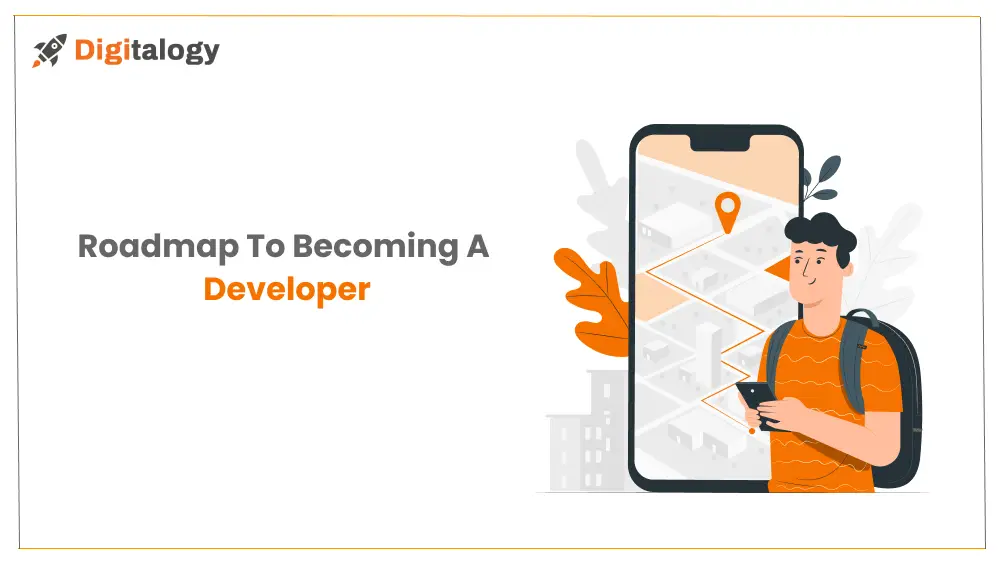
So, how does one go about becoming a developer? To become a developer, you must first gain knowledge and acquire the necessary skills, which are discussed further below.
Education: To begin your career as a developer, you should hold a certain degree for the type of developer you want to become. Most companies prefer a four-year degree from an esteemed university but you can also acquire a two associate’s degree. It should be relevant to the domain you are interested in, which means if you are looking for a career as a software developer you must have a degree in software development.
Skills: Most employers want to hire candidates with a required set of skills. Doing independent research in the field, having a continuing educational background, and certification are the most effective skills one should have to become a developer.
Internship: For a student who is still pursuing education, an internship with a good education is very beneficial as internships are highly valued by employers because they help a person to gain skills one must hold as a developer.
Programming Knowledge: Knowledge of programming languages such as JavaScript, Python, Java, Ruby, and HTML are the major skills one developer must hold.
Portfolio: A potential portfolio will attract employers from big corporations. So you should create such a portfolio that includes all your skills and educational background, professional history along with your work samples.
Apply for jobs: Once you have the knowledge and skills you must acquire to become a developer, you should start looking for entry-level jobs based on your interest in the domain. For example, if your area of interest is software development, you can start applying for entry-level software developer jobs.
Jobs You Can Apply For:
- Junior Software Developer
- Software Developer
- Application Developer
- The back-end and Front-end Developer
- Software Engineer
Also read: Things To Consider Before Hiring Angular Developers
Conclusion
This DevOps roadmap was a detailed guide which we hope was very helpful for DevOps who are looking for answers to all their questions. 2023 is believed to be the year for developers, and we hope this developer roadmap will be useful for your path.
Depending on the skill, educational background, and career history, becoming a developer can take time between three months to four years.
The salary of a developer in the USA and Canada is $107,272 per year or $50 per hour. Entry-level salary is generally around $85,000 and for experienced ones it can go up to $146,267.
Yes. The world is entirely inclining towards digitalization at a very great pace. Because of this, there is a huge demand for developers to create software and programs for businesses.
Artificial Intelligence will surely make the world a better place with easy technology but one fact is known for sure that it will hardly replace the developers.
Full Stack Developers and Python Developers are currently in high demand.

